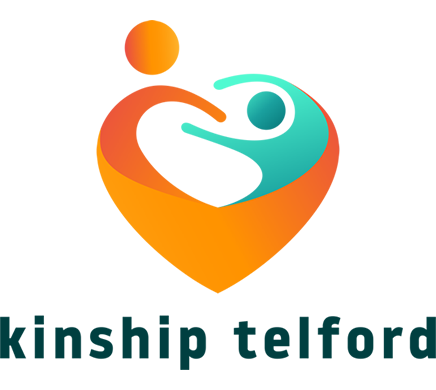What is Private Fostering?
Private fostering is when a child or young person under 16 (or under 18 if they have a disability) is cared for by someone who isn’t their parent or a close relative, and the arrangement is intended to last for 28 days or more. This is a private family arrangement between a person with parental responsibility and a distant relative or friend connected to the child. You’re not considered a private foster carer if you’re a grandparent, sibling, aunt, uncle, or step-parent. But if you’re part of the child’s extended family like a cousin or great aunt/uncle, you may be a private foster carer. While the child’s parent still has parental responsibility, you’ll be responsible for their day-to-day care, making sure they’re safe, supported, and well looked after.
The Assessment Process
Once a private fostering arrangement begins, it’s important to let Telford and Wrekin’s Family Connect service know. A social worker will visit the private foster carers within 7 days of receiving this referral. The social worker will complete a private fostering assessment on the private foster carers’ family to make sure the arrangement is suitable. The assessment can take up to 6 weeks to complete and will involve safeguarding checks with agencies such as police, health and education. The social worker will identify the needs of private foster carers and the child/children and will formulate a plan of support during their involvement.
To find out more about the assessment process please click the below button.
By coproducing with private foster carers, we have developed a leaflet that highlights clearly what private fostering is, the support available and the role of the local authority.
We have also developed a leaflet specifically for birth parents, offering clear information on what private fostering is, useful contacts and links as well as the support available. Click on the below button to view this leaflet.
The Voice of the Child Apprentices have created this leaflet to help children and young people better understand their arrangements. It explains in a clear and age-appropriate way, and includes helpful information to support them in navigating their experiences and knowing where to go for support.
